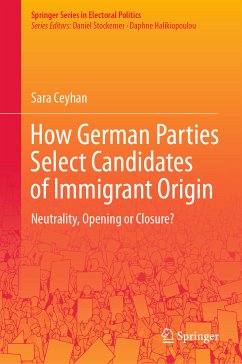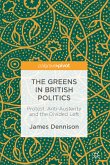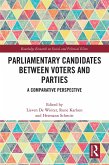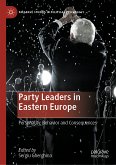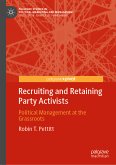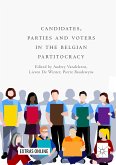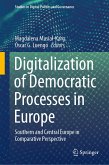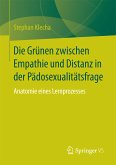This book analyzes the threshold candidates of immigrant background need to overcome to run for legislative office. Understanding whether political parties are able to adapt their selection criteria helps to assess their ability to respond to the underrepresentation of citizens of immigrant origin in parliament.
Although Germany's ethnic diversity is on a steady rise, citizens of immigrant origin remain descriptively underrepresented. Despite the pivotal role the intra-party candidate selection plays in shaping who runs for election, the question of how candidates of immigrant background fare in political parties' candidate selection in comparison to native-born candidates remained a blind spot of research. Therefore, the author presents in-depth empirical evidence on the selection of candidates of immigrant background in German political parties.
The book addresses scholars of political science interested in electoral studies as well as policy-makers and party officials interested in a balanced representation of their political representatives.
Dieser Download kann aus rechtlichen Gründen nur mit Rechnungsadresse in A, B, BG, CY, CZ, D, DK, EW, E, FIN, F, GR, HR, H, IRL, I, LT, L, LR, M, NL, PL, P, R, S, SLO, SK ausgeliefert werden.

